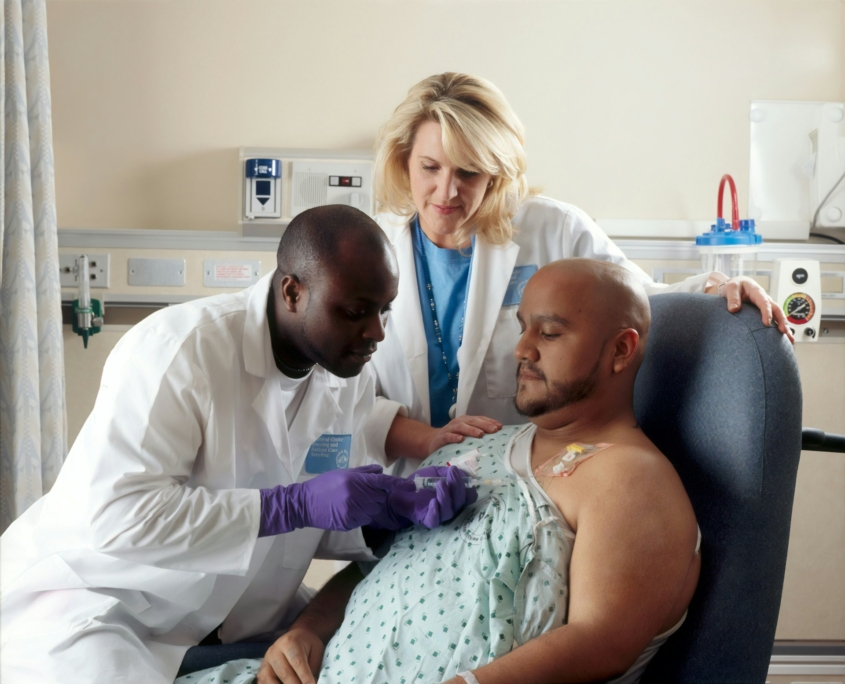 Hank Green, a science communicator, internet sensation, and advocate for authentic self-expression, recently underwent treatment for Hodgkin lymphoma. He not only faced his diagnosis publicly but also used the opportunity to educate others about inequitable cancer care. Additionally, he designed some whimsical cancer-themed socks.
Hank Green, a science communicator, internet sensation, and advocate for authentic self-expression, recently underwent treatment for Hodgkin lymphoma. He not only faced his diagnosis publicly but also used the opportunity to educate others about inequitable cancer care. Additionally, he designed some whimsical cancer-themed socks.
Hodgkin Lymphoma
Hodgkin lymphoma, a type of blood cancer that develops in the lymphatic system, often leads to swollen lymph nodes. According to the National Health Service (NHS), this disease mainly affects people older than 75 and those between 20 and 40 years old. It is relatively uncommon in the United Kingdom (U.K.), with more than 2,000 new cases each year. However, it is relatively easy to treat; 80% of those diagnosed survive for more than five years after diagnosis.
Early diagnosis is important for all types of cancer, as it means that the cancers are less developed, are more likely to respond to treatments and require patients to have fewer treatments overall.
Inequitable Cancer Care
Treatment for Hodgkin’s Lymphoma is relatively inexpensive and accessible. However, these treatments are less available in countries with less robust health care systems. According to the American Cancer Society, “no screening rest has been shown to lower the risk of dying from [it].” This makes diagnosis challenging, as the most accurate method for detecting Hodgkin lymphoma is through a biopsy, which involves taking a tissue sample from a swollen lymph node and requires specialized care.
Cancer Socks
In response to his treatment and the global state of cancer care, Hank Green collaborated with Partners in Health (PIH) to design a set of interchangeable cancer socks. He directs 100% of the profits from this project toward making cancer care more equitable.
Mondeh Mansaray
Hank Green’s brother, John Green, visited Sierra Leone in 2019 as part of their joint work with PIH. During his visit, he encountered Mondeh, who had been incorrectly diagnosed with tuberculosis. The lack of diagnostic equipment in Sierra Leone — no MRI machines, CT scanners or even X-ray machines — prevented an accurate diagnosis. Four years later, a PIH doctor suspected Hodgkin lymphoma, enabling Mondeh to travel to the capital city for a biopsy. Despite the new diagnosis, Mondeh lacked access to the necessary IV chemotherapy in Sierra Leone and had to travel to Butaro Cancer Hospital in Rwanda for effective treatment.
Partners in Health
PIH financially supports families like Mondeh’s, making otherwise inaccessible treatments available. By strengthening health care systems and training community health workers—individuals passionate about improving their communities—PIH saves lives. Due to this organization, more than 3,000 people per year receive cancer care they would otherwise not access. This support is crucial because funding for cancer care globally does not align evenly with the cancer burden.
The organization does more than provide care; it integrates communities into the health care system’s development. For instance, at the Butaro Cancer Centre of Excellence, women held 30% of the construction jobs created in the local economy. Additionally, local stakeholders participated actively, assembling much of the furnishings on-site using locally sourced materials.
PIH operates in 11 countries, but its influence extends far beyond, as evidenced by Mondeh’s cancer treatment. The organization engages in on-the-ground treatment, advocacy and research, aiming to disseminate knowledge to practitioners worldwide.
Looking Forward
The collaborative efforts of influencers like Hank Green and organizations such as Partners in Health are pivotal in transforming the global landscape of cancer care. Their dedication to equity in health care continues to illuminate paths to improved access and treatment for all, regardless of geographic or economic barriers.
– Rachael Denton-Snape
Rachael is based in High Wycombe, UK and focuses on Global Health and Celebs for The Borgen Project.
Photo: Unsplash
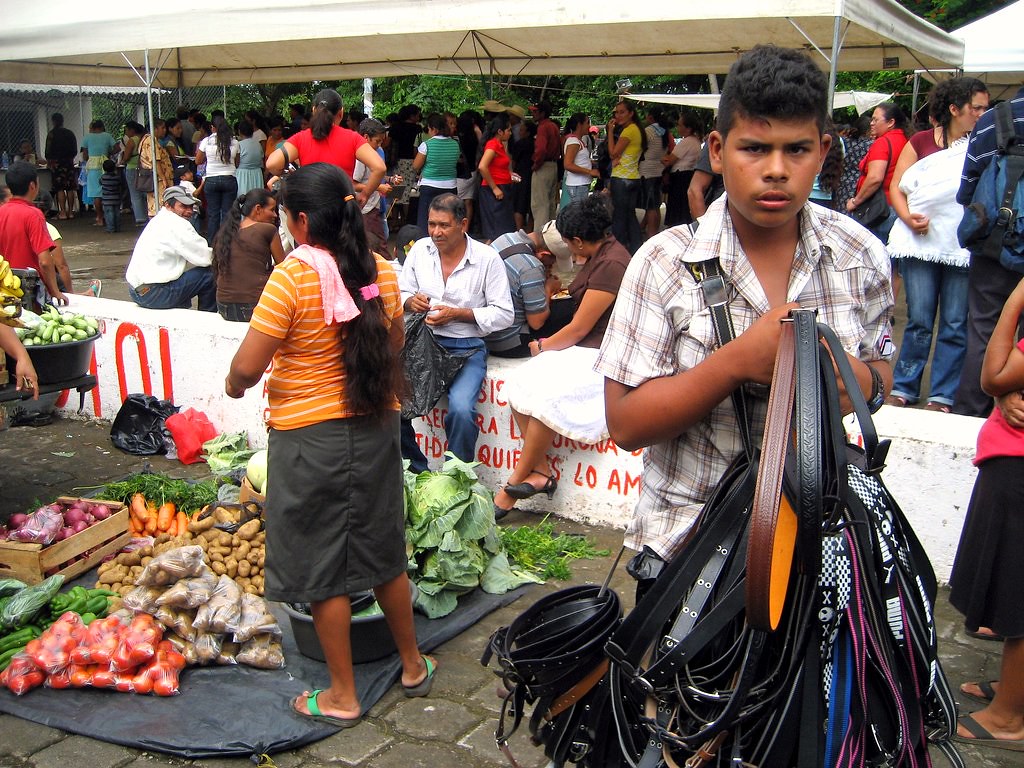
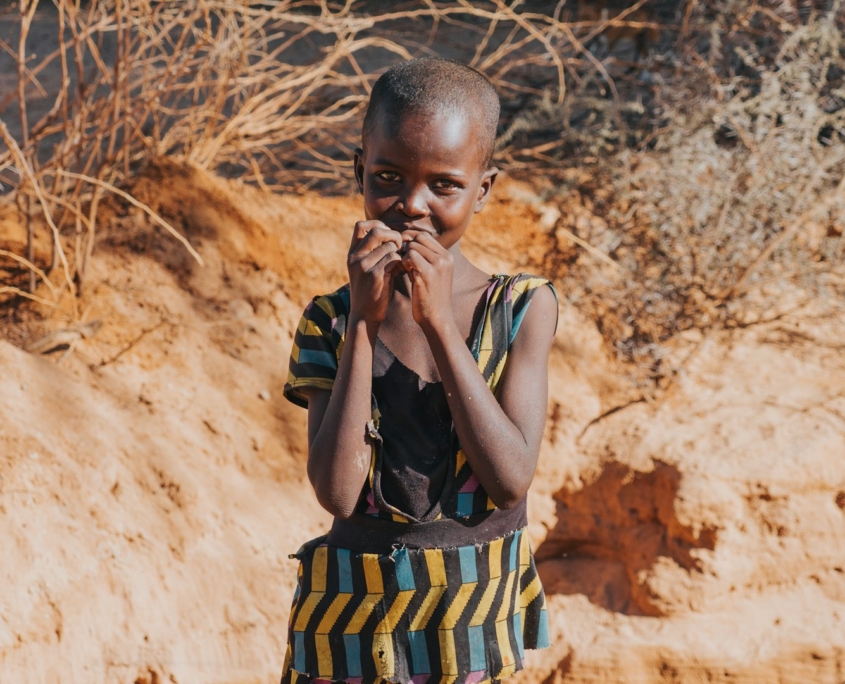
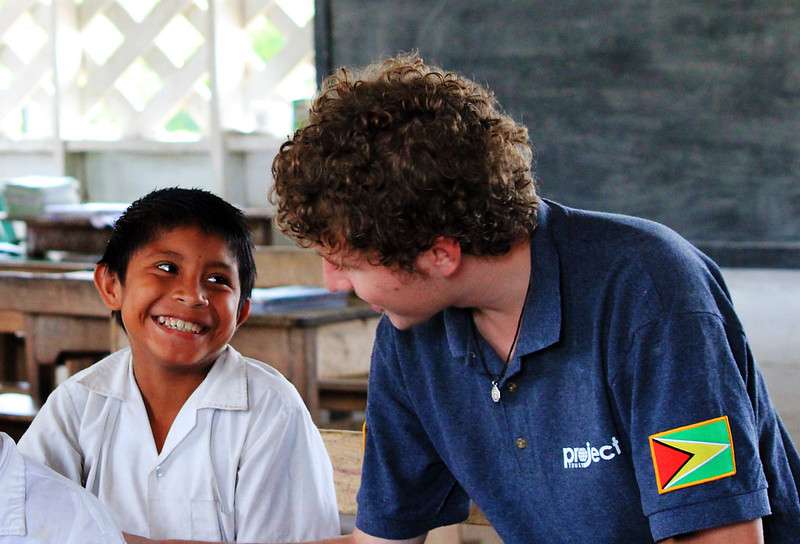 Guyana has made positive impacts in reducing poverty within the country; however, it was once one of the poorest in South America. Due to the
Guyana has made positive impacts in reducing poverty within the country; however, it was once one of the poorest in South America. Due to the 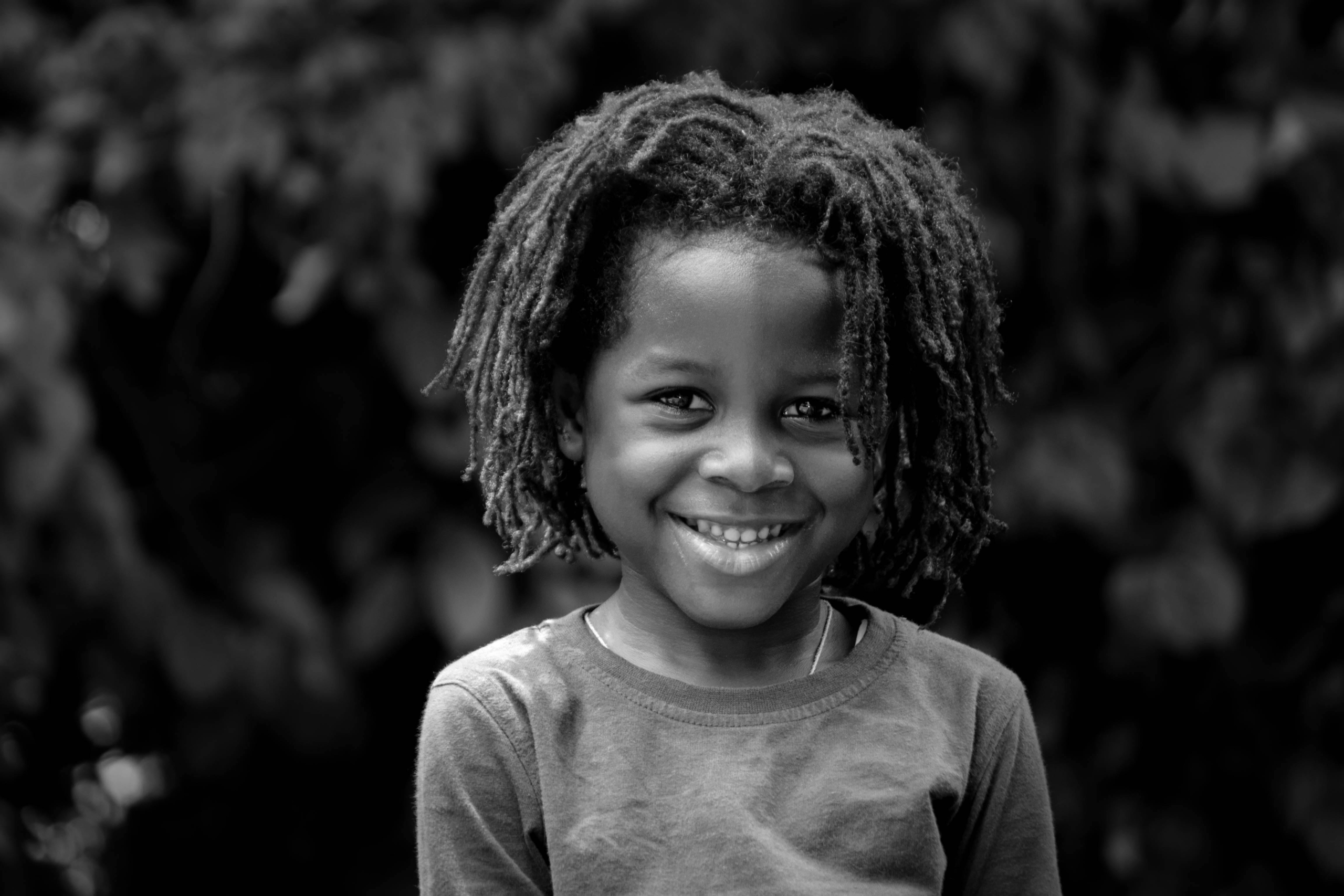
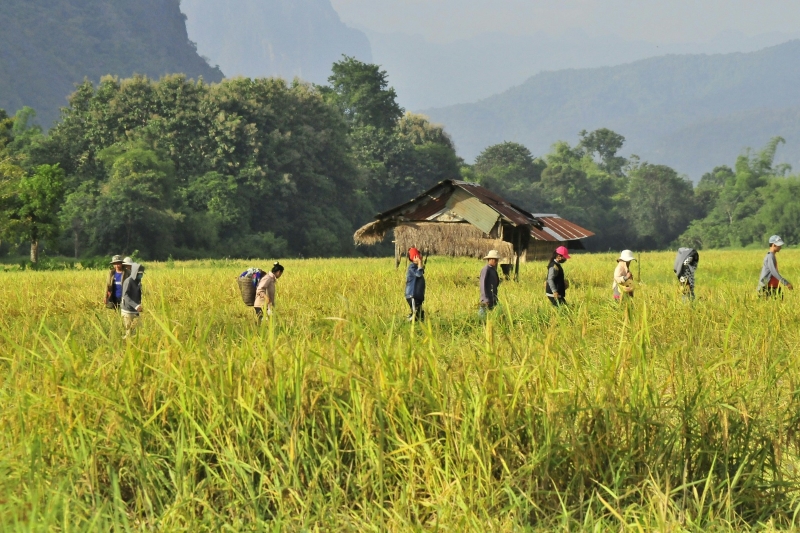 Laos, a country located in Southeast Asia with a GDP of
Laos, a country located in Southeast Asia with a GDP of 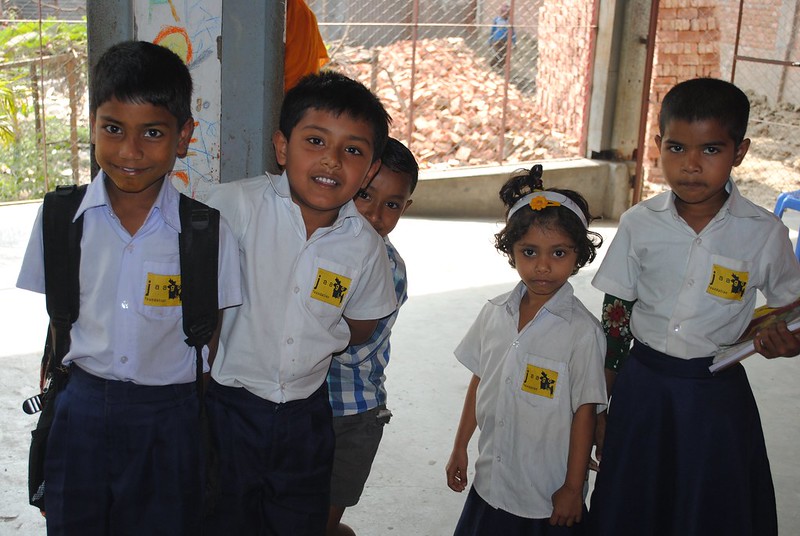
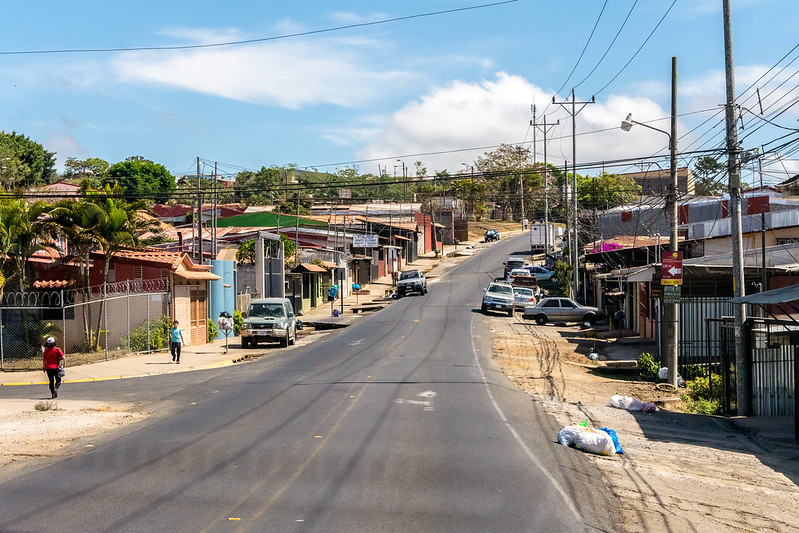 Costa Rica is
Costa Rica is 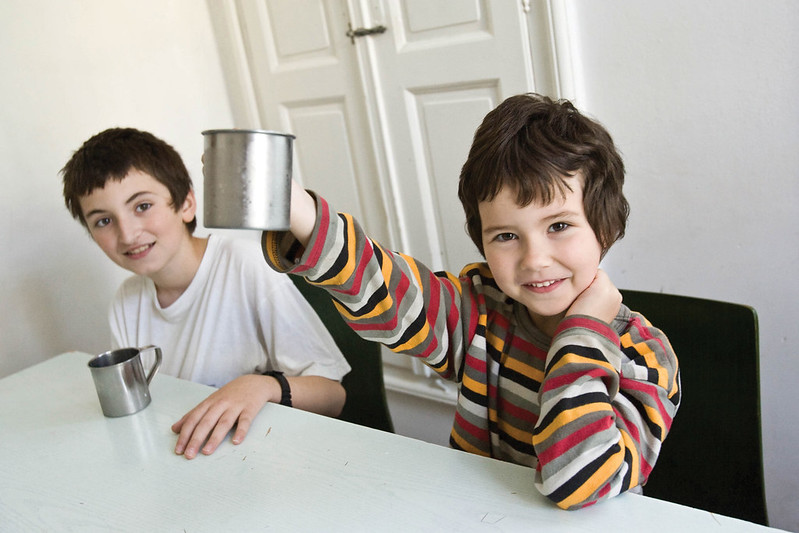 Romania, an Eastern European nation, has seen rapid economic growth since the 2000s, with a 3.8% annual GDP growth in 2024. However, before this surge, many Romanians faced poverty under Nicolae Ceaușescu’s Soviet regime from 1967 to 1989, following World War II. Ceaușescu
Romania, an Eastern European nation, has seen rapid economic growth since the 2000s, with a 3.8% annual GDP growth in 2024. However, before this surge, many Romanians faced poverty under Nicolae Ceaușescu’s Soviet regime from 1967 to 1989, following World War II. Ceaușescu 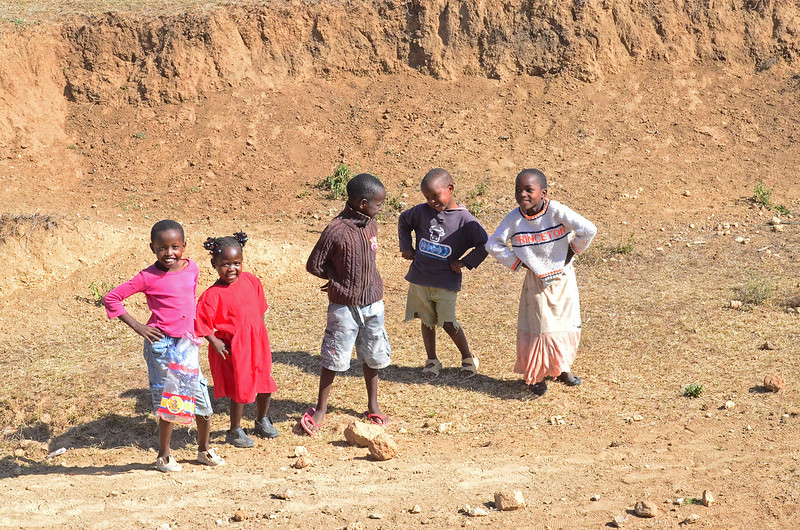 Art therapy emerged as a formal discipline in the
Art therapy emerged as a formal discipline in the 